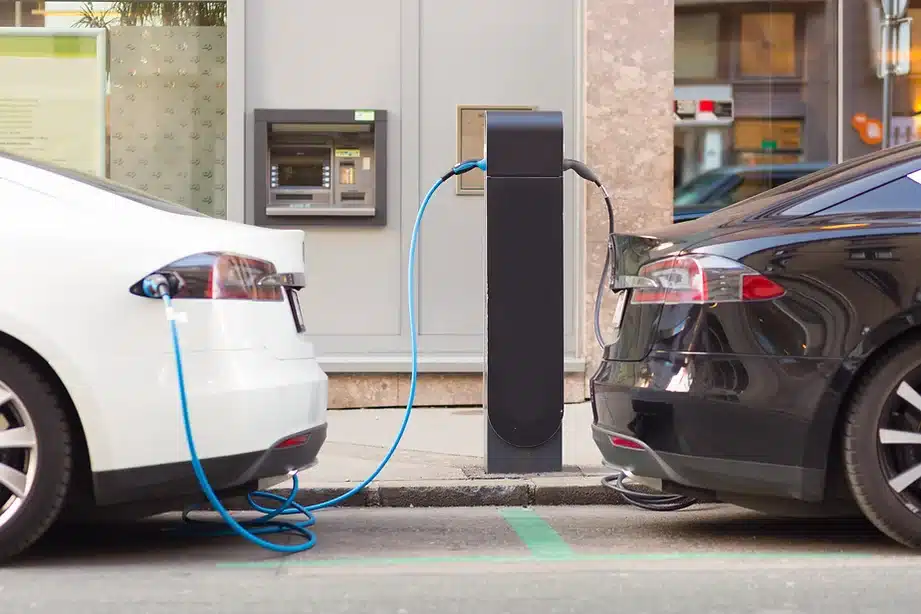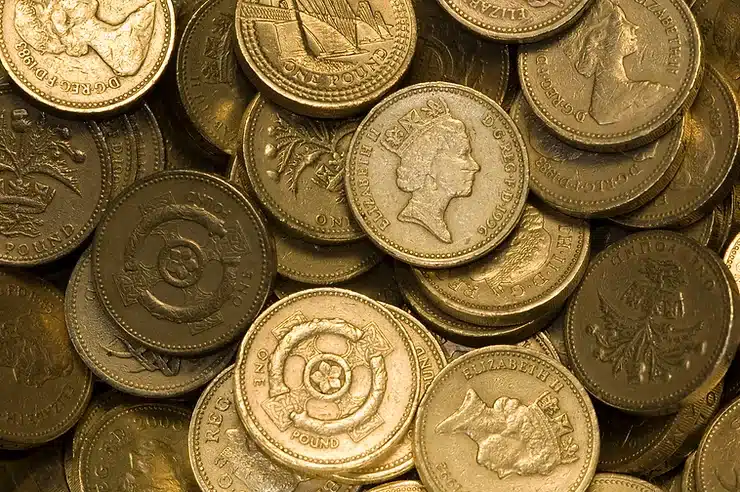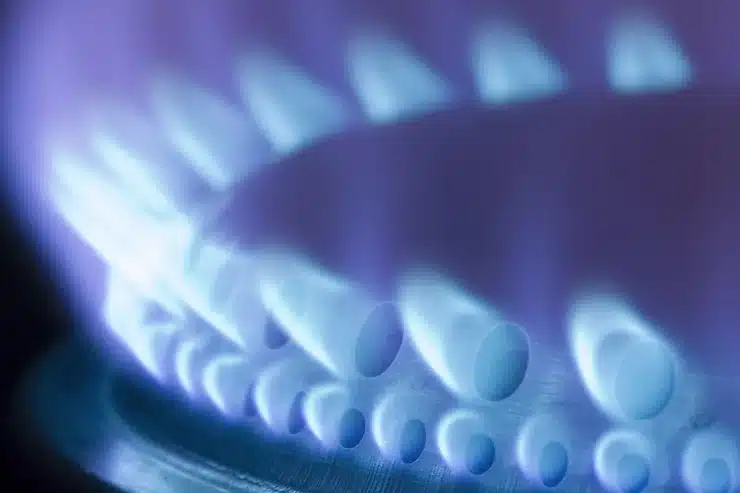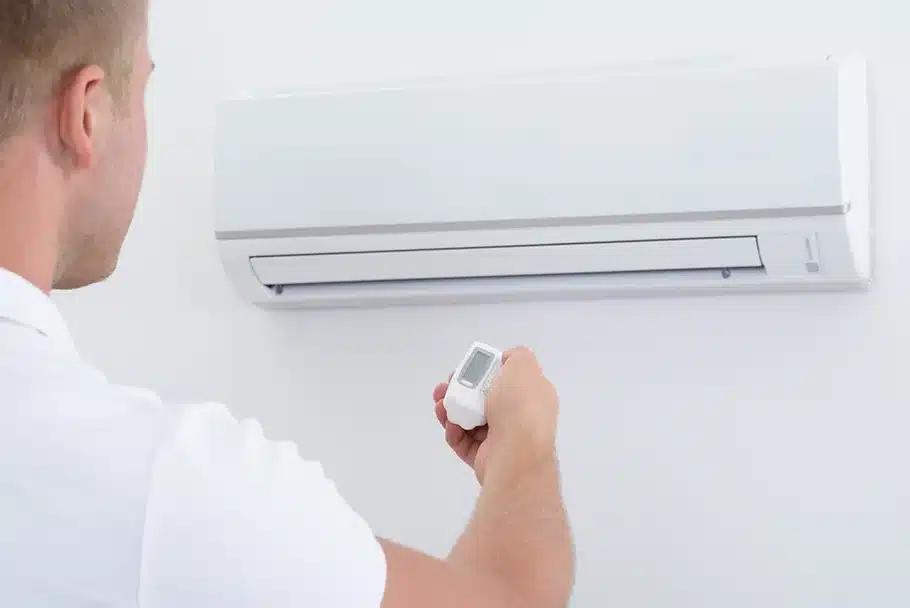
The majority of the UK has hardwater. This can cause problems for your heating system or boiler. Let’s discuss why this happens, and how hard water affects boilers, pipes and radiators.
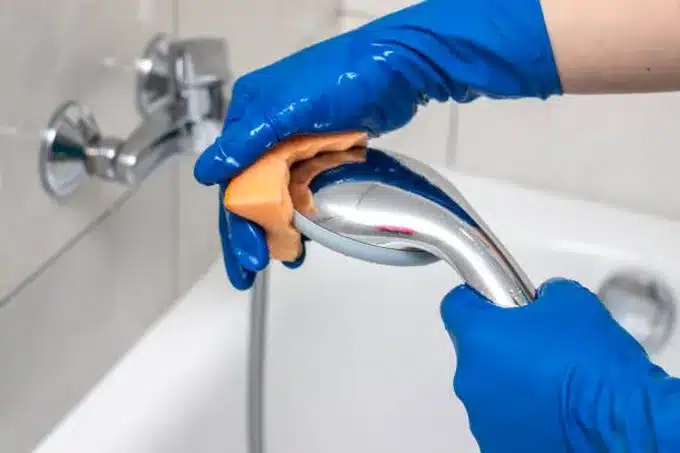
Let’s first define the differences between hard and soft water. Let’s not make the fool of hard water being ice. Water’s hardness is determined by its mineral content and not temperature.
Hard water contains more dissolved minerals, particularly calcium and magnesium. Soft water contains less calcium and magnesium but more dissolved salt. Water softening units use sodium powders to soften hardwater by exchanging some calcium for sodium.
Hard water is defined as water with a calcium and/or magnesium concentration greater than 121 parts per Million. You may need to add a water softening device to your home if your water is extremely hard (200ppm or more), as per UK building regulations.
Although hard water may be better for your health, some experts warn that it can cause damage to your clothes, skin and appliances. How can you determine the hardness of your water?
It won’t make a big difference and it may be hard to taste. It will taste different depending on what kind of water you drink. If you have dry, itchy skin or hair that isn’t lustrous, hard water might be the problem. The extra minerals make it more difficult to wash off shampoo and soap. Clean glassware and silverware might have spots or minerals on them. Limescale can form if hard water is not treated properly. This will cause limescale to build up on pipes, boilers and kettles.
Limescale refers to the chalky-like, hard, white/gray chalky residue you might find stuck to your kettle’s interior. These deposits are composed of calcium carbonate, which builds up when “hard water” flows through. It is common to see limescale buildups in pipes and boilers, especially older ones.
Limescale is similar to limestone and was used to make Eifel marble, a popular building material during the 11th and 12th centuries. You are correct, limescale can also be used as a building material. You don’t want to slowly coat the inside of your pipes with limescale.
Although a slight buildup of limescale can be common, it can cause serious problems with your boiler, pipes and radiators. Limescale buildup can cause major problems in the boiler. The heating coil’s performance can be affected if the limescale buildup becomes more severe.
Limescale buildup in other parts of your heating system can cause pipes to become narrower and more difficult to flow. This can slow down the flow of water through the pipes. It can also reduce heat transfer from the water to outside air. Your boiler will need to work harder which can increase your energy costs. This could lead to a shorter boiler life or, in the worst case, a costly boiler failure.
How do you know if your heating or boiler is suffering from limescale buildup? If you hear unusual or rattling sounds, rising utility bills, or if your boiler is not heating as it should, then get it checked by a professional.
What should you do if you have hard water? Regular boiler maintenance is the best way to prevent limescale buildup. If you live in an area that has very hard water, it may be worth installing a separate water softening unit. A simple and safe DIY tip is to regularly vent your radiators . This won’t cause limescale but will ensure your system runs at its best.
Nu Age is available to help you if you have heating, boiler or radiator problems. We will help you find (and fix!) the problem.

